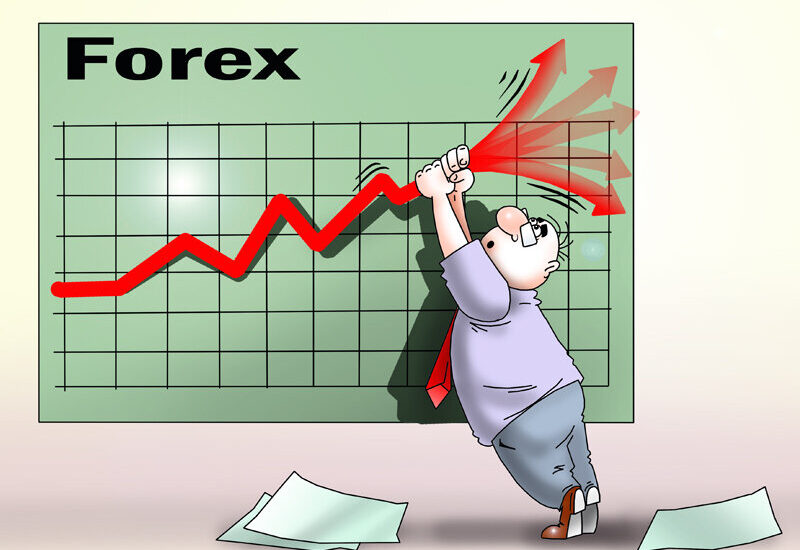Stocks vs. bonds: which to choose for your investment portfolio?
Investing in securities is an effective way to build capital, but before deciding what to buy, it is important to understand the differences between stocks and bonds. These two main types of financial instruments have their own characteristics and may be suitable for different investment purposes. Let’s take a look at what to consider when choosing between stocks and bonds.
Shares: opportunities and risks
Shares are equity securities that give their owners the right to a share in the capital of a company. Key features of shares include:
- Growth potential: Stocks have high growth potential as their value can increase significantly depending on the company’s success and market conditions. Investors can benefit from share price appreciation and possibly dividends.
- Dividends: Some companies pay dividends, which are a portion of the company’s profits that are distributed to shareholders. Dividends can be a source of regular income.
- Risk: Investing in shares carries a high level of risk. The value of shares can fluctuate widely, depending on the company’s financial condition, market conditions and the overall economic situation.
- Influence on management: Shareholders have the right to vote at shareholder meetings and can influence company decisions.
Bonds: stability and predictability
Bonds are debt securities in which the issuer agrees to pay a certain amount in the future and usually regular interest payments. Key features of bonds include:
- Fixed Income: Bonds provide fixed income in the form of coupon payments. Investors receive regular interest payments, making bonds a more predictable source of income than stocks.
- Low Risk: Bonds are generally considered a less risky investment compared to stocks. In the event of bankruptcy of the bond issuer, bondholders have priority rights to receive payments over shareholders.
- Stability: Bonds provide greater capital stability and are less susceptible to market fluctuations. This makes them attractive to conservative investors looking for reliable sources of income.
- Limited growth potential: Although bonds provide fixed income, their growth potential is limited. The price fluctuations of bonds also depend on market conditions, but they are generally less volatile than stocks.
Comparing stocks and bonds
When choosing between stocks and bonds, it’s important to consider several factors:
- Investment goals: If your goal is to build capital and you’re willing to accept a high level of risk, stocks may be a better option. If you are looking for stability and regular income, bonds would be a better choice.
- Investment Horizon: Stocks may be more attractive for long-term investments, while bonds may be preferred for short or medium-term investments.
- Risk and return: Stocks offer high return potential, but also a high level of risk. Bonds tend to offer more stable but lower returns.
Conclusion
Ultimately, the choice between stocks and bonds depends on your individual investment goals, the level of risk you are willing to accept, and your investment horizon. It may be best to combine both types of securities in your portfolio to balance risk and return.
Each investment instrument has its pros and cons, and it is important to carefully analyse your goals and financial capabilities before making a final decision.
 RU
RU EN
EN FR
FR NL
NL


